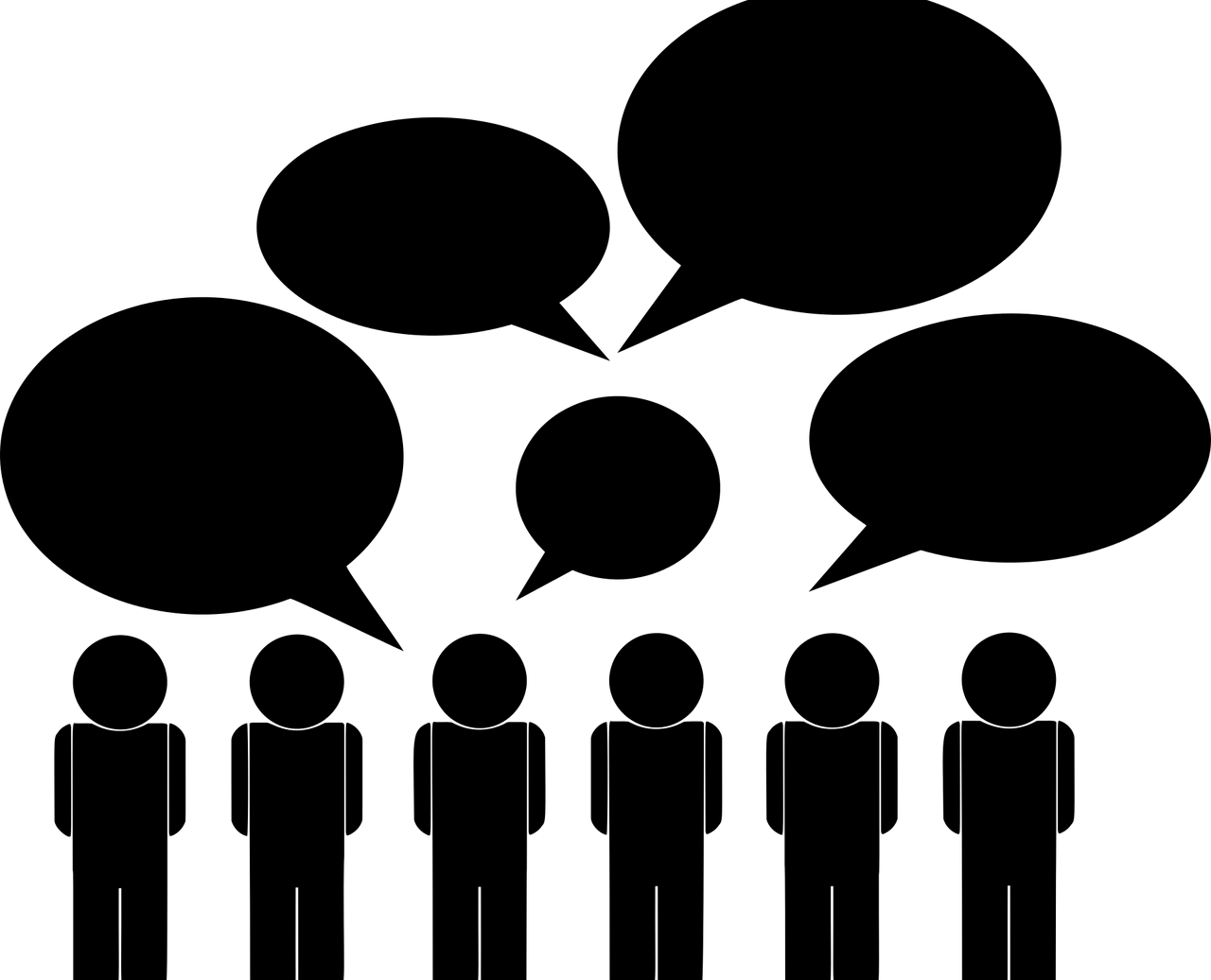
Discourse analysis is usually carried out in debates.
Discourse analysis is the activity that consists of investigating how language is used in specific communicative situations . Its objective of study is the set of statements of a community.
It should be noted that the idea of analysis refers to a detailed examination of something. A discourse , meanwhile, is a series of terms and expressions that allow you to express what you feel or think. In the field of linguistics, discourse is language that is in action.
Discourse analysis can be considered as a practice or discipline that originated within the framework of linguistics but currently draws on knowledge from various sciences and fields of knowledge.
History of discourse analysis
The history of discourse analysis begins in the 1950s thanks to the work of linguist Zellig Harris ( 1909 – 1992 ). This expert set out to study units that are superior to the sentence, appealing to principles and techniques of structuralist grammar .
In this way, Harris 's innovation was to go beyond the sentence, focusing on what is known as the utterance . On the other hand, Harris concentrated on concrete uses of language : this means that language was no longer considered in an abstract way.
Due to these issues, it is often noted that this American linguist established a new unit of analysis and promoted a methodological change, giving birth to discourse analysis as it is understood today.
It cannot be omitted to mention that discourse analysis is interdisciplinary , meaning that various currents converge at its origin. Likewise, there is no specific starting point, beyond the relevance that is recognized for Harris.
It can be said that discourse analysis was consolidated as an independent discipline starting in the '60s and today it is present in semiology or semiotics , communication sciences , sociology , philosophy , social psychology and anthropology . For example.

Qualitative research allows the development of discourse analysis.
Your object of study
The precepts of discourse analysis are applied when a systematic study of audiovisual, oral or written statements is carried out in specific situations. Therefore, what is analyzed is the use of language in a context .
In this framework , it is important to indicate that the Dutch Teun van Dijk made reference to the so-called context traces . These are clues that, distributed at various discursive levels, reveal social traits of the speakers.
A discourse, in short, is a construction that is erected with the contextualized use of language . It not only constitutes a reflection of society, but also contributes to the understanding of the links established in that same community.
Thus, discourse analysis observes linguistic forms and performances along with contextual factors. This set of variables defines the function and meaning of the discourse, which is also combined with extralinguistic and paralinguistic elements.

Discourse analysis helps to understand the social construction of reality.
Aspects of discourse analysis
Discourse analysis inspects numerous aspects. Syntax , semantics , pragmatics and the links of the different discursive constituents with the context , among other elements, are taken into account.
In this way, it is analyzed from the structure presented by the sentences at a formal level to the speech acts, passing through the frames of reference and the resources that enable the construction of meaning.
It should not be forgotten that, in discourse analysis, language is a communicative event that takes place in a social sphere. That is to say that discourse is the result of the union of language with social life .
These discourses are permeated by culture and allow the transmission of meanings. They have a specific form and a complete meaning. Depending on its content, one can distinguish between political discourse , social discourse , religious discourse and many others.
A critical vision
The approach that aims to discover power relations between speakers is known as critical discourse analysis . This aspect pays attention to inequality, asymmetry and other factors that appear in interactions.
Critical discourse analysis is based on the premise that access to linguistic resources is unequal. Institutions are responsible for controlling these resources and regulate, through different mechanisms, how they are accessed and, consequently, the way in which communicative events are constructed.
The application of discourse analysis
The application of discourse analysis can occur in any sector of society. It is often produced in education to examine the development of the pedagogical process, where teachers' lectures in the classroom, textbooks, etc. intervene.
The discourse of the media is also usually analyzed. In this case, the aim is generally to know its effects on public opinion.
Politics , propaganda and advertising are other areas in which discourse analysis is frequent.
